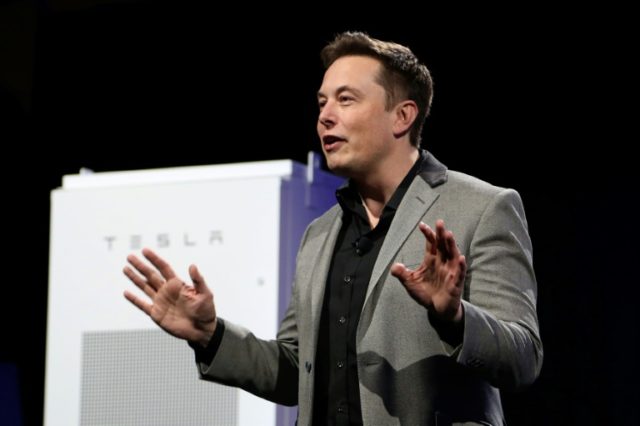Elon Musk’s triumphant Sunday afternoon tweet, claiming that Tesla produced 7,000 cars in 7 days, spiked the company’s stock market value higher by $4 billion at the opening of trading on July 2 — but it crashed by $6 billion by the close.
Musk shocked Wall Street with his Sunday afternoon tweet of “7000 cars, 7 days,” with hearts on both sides of “Team Tesla.”
The social media post was first viewed as shockingly good news for a company that has continually missed production targets and lost money for 15 years in a row.
The timing of the release was considered crucial for Tesla, because Moody’s Investor Services had downgraded Tesla’s credit rating on March 27 to B3, the lowest “investment grade” level, for missing the company’s own production goal. Moody’s warned that Tesla’s failure to produce at least 5,000 units per week for the supposedly high-volume “Model 3” by the end of the second quarter might result in the company’s financial sustainability being questioned and its credit rating slashed to “junk.”
Although auto experts lauded the all-electric Model 3’s design as revolutionary, they blame Tesla’s failures on the arrogant rejection of 100 years of auto industry processes that were perfected to achieve consistent volume and profitability.
Breitbart News reported that Musk acknowledged in early May that the “super complicated” robot that Tesla’s Silicon Valley engineers designed to build its cars had “terminally failed.” With Wall Street analysts fearing that delivery delays would expand the Model 3’s 420,000-customer backlog, the stock crashed.
But when Bloomberg reported that Tesla had produced a record 5,031 Model 3 units in the last week of the second quarter ending June 30, Tesla’s stock spiked higher. Yet Bloomberg later revealed that Tesla met the target by radically increasing labor input, including moving production to three-shifts-per-day, seven days a week. The company also erected a huge tent and literally assembled 20 percent of its units by hand.
Tesla produced 28,578 Model 3s in the second quarter — an average of about 2,200 per week. But Bloomberg reported that the company only delivered 18,440 units to customers, an average rate of about 1,500 per week. The good news is that Tesla will start the third quarter with 11,166 Model 3 units in transit, up from 2,040 at the end of the first quarter.
Tesla is expected to deliver its 200,000th vehicle in the third quarter, which will begin the phase-out of the $7,500 federal income tax credit for building electric plug-in vehicles registered inside the U.S. Tesla owners will receive the full credit in the third and fourth quarter of 2018 under federal rules. But the credit will be reduced to $3,750 in the first half of 2019; $1,875 in the second half of 2019; and then expire at year’s end.
According to the Wall Street Journal, Tesla stock is one of the most-shorted by traders, who expect the price of its shares to fall. With Seeking Alpha analysts estimating that Tesla will report up to a $720 million loss for the second quarter, investors will be closely watching for any credit rating action by Moody’s.

COMMENTS
Please let us know if you're having issues with commenting.